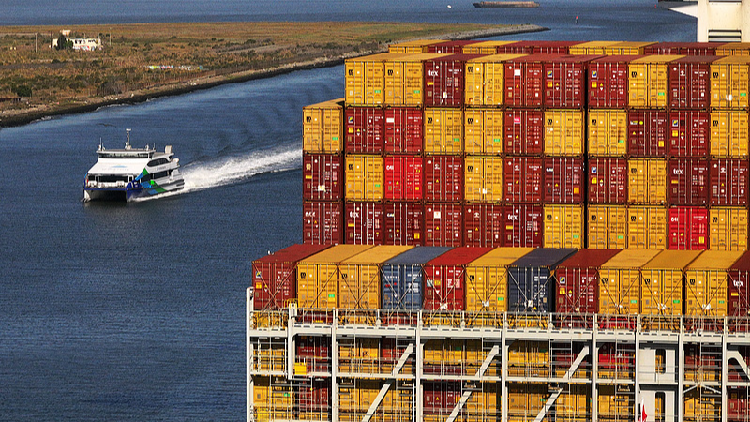U.S. Trade Court Blocks Trump Administration's Sweeping Tariffs in Landmark Ruling
A federal court blocks most of Trump's global import tariffs, ruling the president exceeded his authority.

A U.S. federal court delivered a significant blow to President Donald Trump’s trade agenda on Wednesday, blocking the majority of his controversial import tariffs from taking effect. The decision stated that the president had exceeded the limits of his constitutional authority by imposing sweeping global levies without congressional approval.
This ruling arrives at a critical juncture for Trump, who has made aggressive tariff policies central to his approach in reshaping the U.S.'s global trade relationships. His administration has used import duties as leverage, aiming to pressure foreign governments and protect domestic industries. However, these moves have resulted in major disruptions to global trade flows and heightened volatility in international financial markets.
The three-judge panel from the Court of International Trade effectively issued a halt to many of the administration’s signature trade restrictions, including the recent “Liberation Day” tariffs—a baseline 10 percent levy—and targeted duties against China, Mexico, and Canada cited as measures to combat the fentanyl crisis. In their opinion, the judges underscored that the Constitution grants Congress exclusive authority over commerce, and that the president could not unilaterally impose wide-ranging tariffs under the pretense of a “national emergency.”
The court granted the White House a ten-day window to begin the process of suspending the tariffs, thrusting the administration into an urgent legal scramble. Officials denounced the decision, arguing that it undermined the executive branch’s ability to respond swiftly to national emergencies, and vowed to appeal the ruling immediately.
The Court of International Trade’s decisions may be challenged at the U.S. Court of Appeals for the Federal Circuit and potentially escalated to the Supreme Court, setting up a prolonged legal battle that could shape the future of U.S. trade policy. Meanwhile, experts in international law caution that the president may pursue alternative avenues for imposing tariffs, leveraging other executive powers or regulatory tools if blocked by the courts.
One Chinese legal expert specializing in trade disputes commented that while the ruling constrains Trump’s current strategy, the president retains broad administrative resources and the flexibility to shift tactics quickly. According to the analyst, Trump’s tendency to sidestep established norms is diminishing America’s reputation for upholding the rule of law and eroding its global soft power.
Wednesday’s ruling stemmed from lawsuits filed by small U.S. businesses and a coalition of states affected by the tariffs. The court’s key question centered on whether the International Emergency Economic Powers Act of 1977 (IEEPA) gave the president unfettered authority to tax imports from nearly every country. The panel wrote that the law was intended to grant limited powers during extraordinary threats—not blanket permission for broad trade restrictions—declaring, “The court does not read IEEPA to confer such unbounded authority and sets aside the challenged tariffs imposed thereunder.”
Despite heated defenses from the Justice Department, which argued that the president has wide discretion in trade matters, the court maintained that judicial review remains an essential check on executive overreach. Meanwhile, the administration continued to ratchet up trade tension, threatening steep tariffs on European goods as talks stalled, raising further uncertainty for businesses and consumers alike.
Analysts warn that escalating tariff wars threaten to drive up prices for American consumers, stoke inflation, and force the central bank to keep interest rates higher for longer, potentially deepening economic strains. Leading lawmakers, such as Gregory W. Meeks, lauded the court’s intervention, calling the tariffs “an illegal abuse of executive power” and emphasizing the importance of restoring balance between the branches of government.




